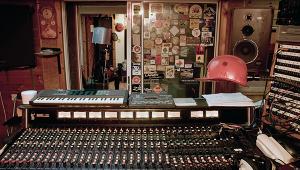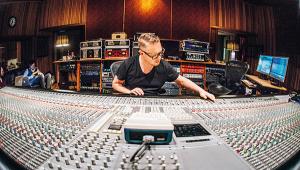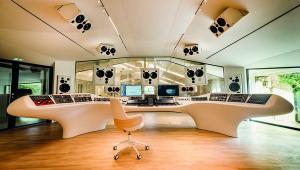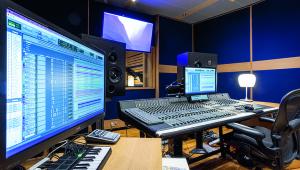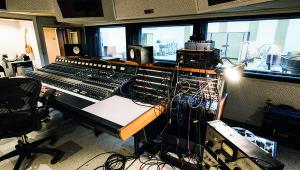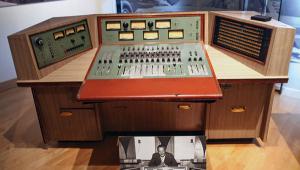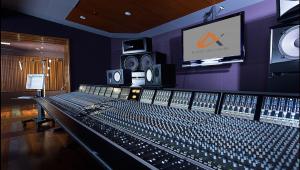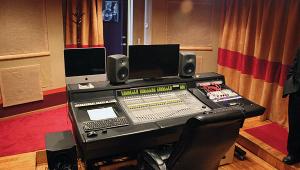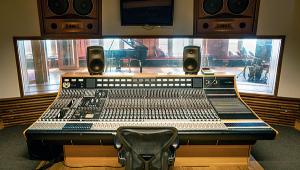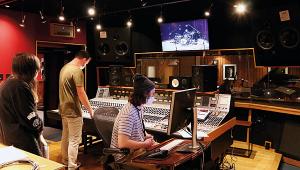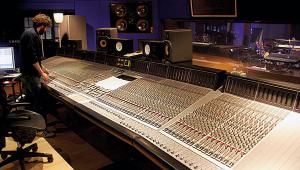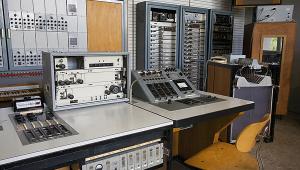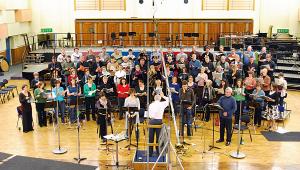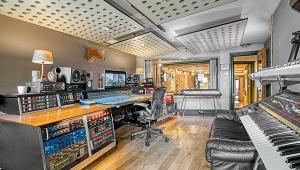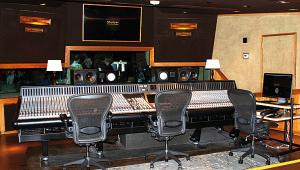Maida Vale Studios Page 2
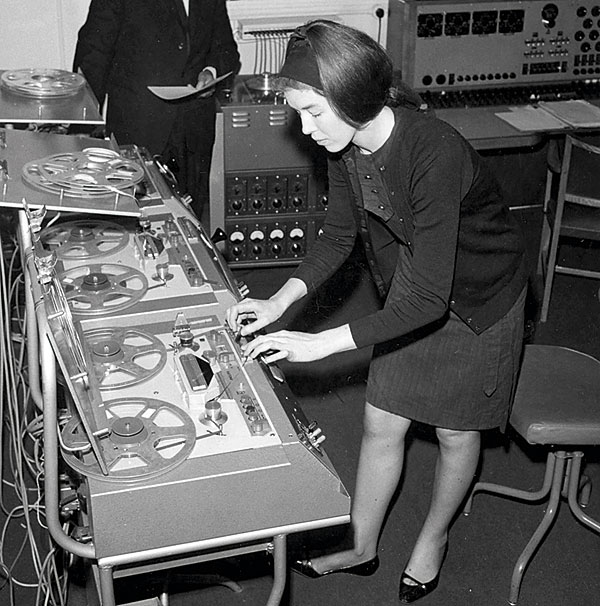
Multitrack Magic
Once all this was done, the music had to be mixed. There were no multitrack tape machines to be had, so rudimentary multitrack techniques were invented. Each length of tape was placed on a separate tape machine and all the machines were started simultaneously and the outputs mixed together. If the machines fell out of sync, this part of the process had to be started from the beginning. It's said the sound of the Dr's TARDIS materialising and dematerialising was created by an engineer running his keys along the rusty bass strings of a broken piano, with the recording slowed down to make an even lower sound.
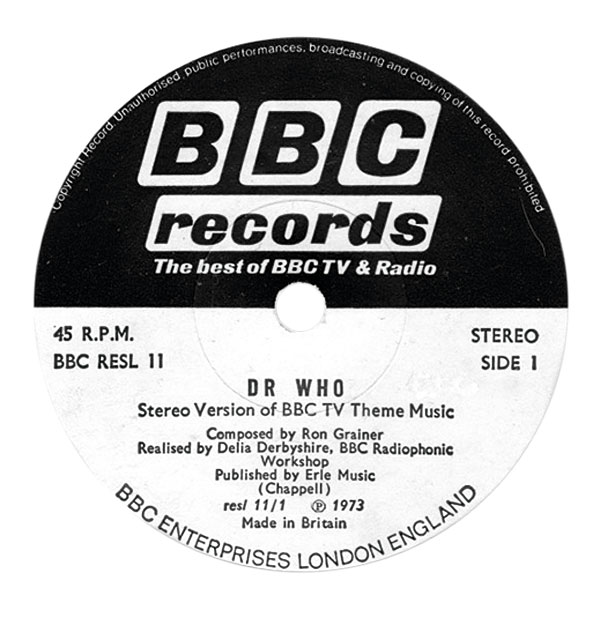
Orchestral Movement
Grainer was amazed when he heard the resulting theme and is reputed to have asked: 'Did I write that?'. Derbyshire is said to have replied: 'Most of it'. It was the BBC's policy to keep members of the Workshop anonymous, so Derbyshire was denied a co-composer credit and was not credited on-screen until Dr Who's 50th anniversary special, The Day Of The Doctor in 2013.
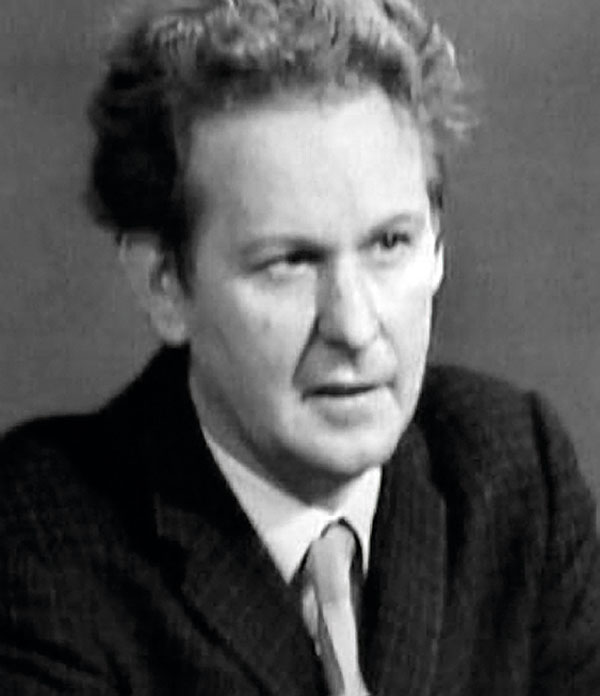
Aside from the amazing creations emanating from the Workshop, other units in the Maida Vale Studios richly contributed to the UK's musical and theatrical heritage. The complex had been built in 1909, serving as the Maida Vale Roller Skating Palace and Club, until it was converted over 15 months in 1933/1934 into one of the BBC's earliest premises, functioning as the centre of the station's news operation during World War Two.
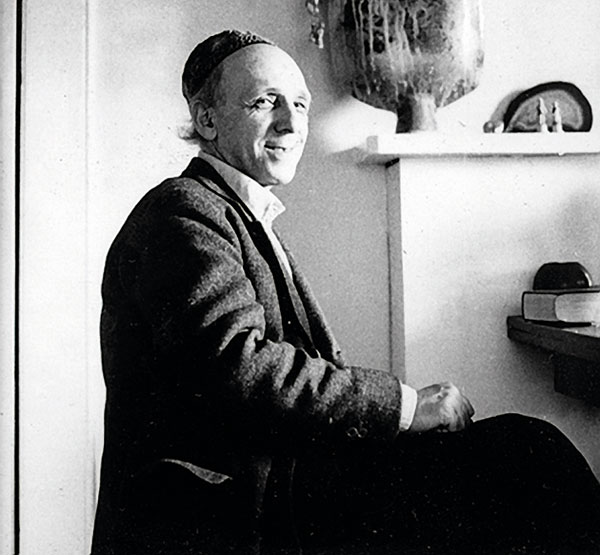
The world famous BBC Symphony Orchestra established its HQ there in Studio MV1 and special sessions recorded for radio included sets by The Beatles, who used studio MV5 several times in 1963. Studio MV3 hosted Bing Crosby's last recording session in 1977, three days before he died of a heart attack on a golf course in Spain. MV4 became the home of the influential John Peel Sessions featuring hordes of his favourite artists, many unknown to the general public, gaining their first widespread exposure.
The Peel sessions came about originally because, when Peel joined the Beeb from pirate radio in 1967, he realised he had to play a percentage of non-recorded music because of the 'needle time' rules dictated by the Musicians' Union, which said only a certain amount of pre-recorded music could be aired during any given show. Top of the Peel pops were The Fall, who recorded 32 sessions, Ivor Cutler (20), The Wedding Present (16) and Scottish band The Delgados (16).
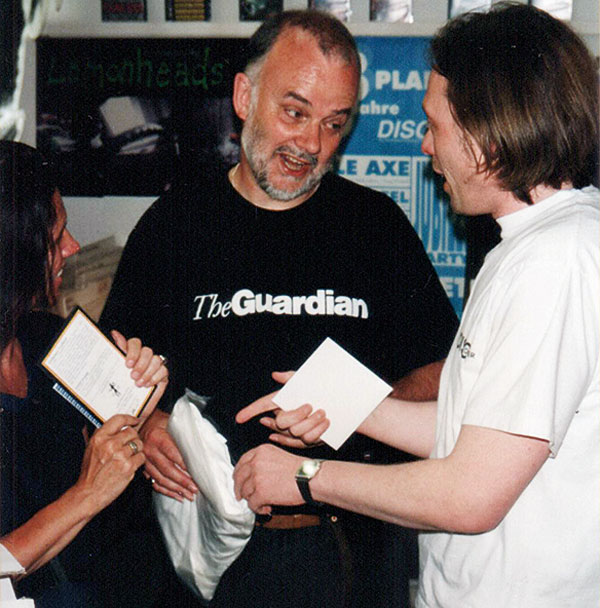
Other more famous artists also recorded sessions at the Maida Vale facility over the decades, including David Bowie, Led Zeppelin, Bob Marley, The Smiths, Nirvana, Pink Floyd, Jimi Hendrix, Pulp, The White Stripes… we'd need the whole magazine to list them all.
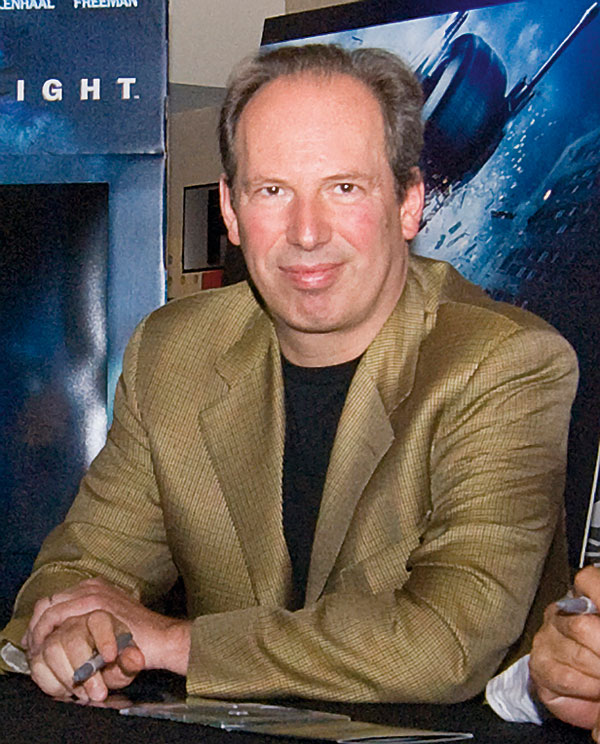
Making The Grade
The Radiophonic Workshop was closed under commercial pressures in 1998. Later, in 2018, the BBC announced that the studios would close by 2023 and move to more modern premises in Stratford, the Beeb planning to sell on the buildings to developers. However, in 2020 the studios were added to the List of Buildings of Special Architectural or Historic Interest by Historic England, which stymied the BBC's attempts to offload it.
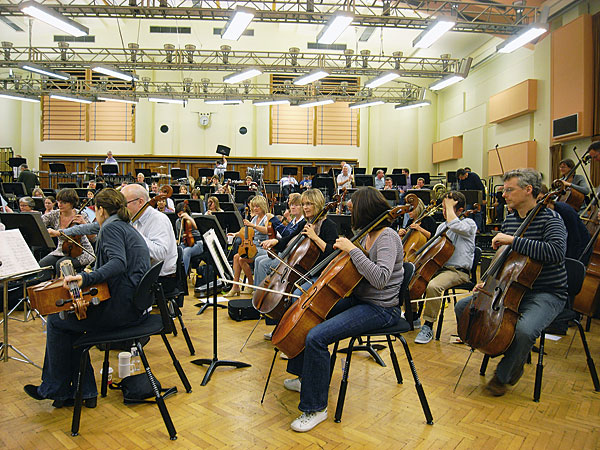
It lodged an objection but its appeal was denied, MV being designated as Grade II listed. The studios were finally sold in June 2023 to German film score composer Hans Zimmer's music production and publishing company 14th Street Music for £10.5 million.
